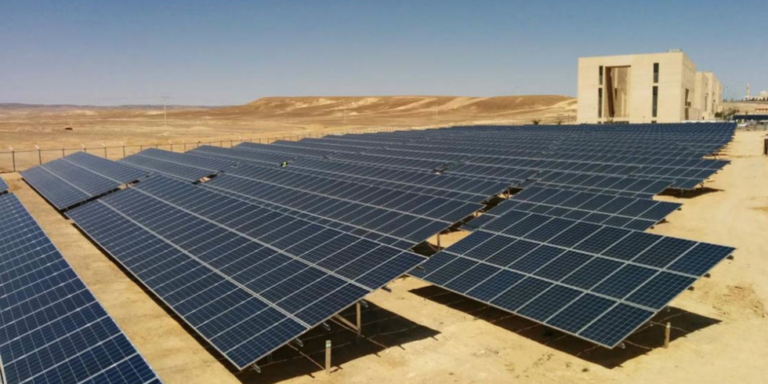A latest report from the International Solar Alliance (ISA) said that Middle East was one of the few regions across the globe with least global investments on solar technology. The report was released today at New Delhi in India during the ISA meeting.
“Only a small fraction of global investments in the solar sector is being made in emerging and developing economies such as the Middle East and Africa, Latin America, and the Caribbean. Thus, these regions are
lagging behind in the race of solar energy deployment,” the report said.
The report batted for more investment in the sector to speed up the energy transition in the state. “China alone witnessed investment worth $164 billion in solar projects. On the other hand, developing regions of the Middle East, Africa, Latin America, and the Caribbean continue to lag in the race for solar adoption. For more inclusive energy transition, investments need to be more universal,” the report said.
The report said that the emerging and developing economies currently account for two-thirds of the world’s population, but only one-tenth of the world’s financial wealth. The developing regions
in Africa, the Middle East, Latin America, and the Caribbean are lagging in the race to deploy solar energy systems. This is primarily due to lack of adequate investment in solar technology and its implementation in these economies. The share of renewable energy investments have been declining precipitously in these regions, and countries defined as least developed (by the Intergovernmental panel on climate change) attracted only 19 Global Landscape of Renewable Energy Finance, 2023 20 Bloomberg New Energy Finance (BNEF), 2023 0.84% of renewable energy investments on average between 2013 and 2020,” the report said.
The report also said that the Global investments in energy transition technologies reached $1.1 trillion in 2022, a record high, however it needed more attention and investment. “However, the current investment levels are insufficient to meet the targeted goals and need to be tripled for the rest of 2020s to achieve the net-zero target. Moreover, policy and regulatory support are required to reduce investments made in the fossil fuel sector and divert the same towardsclean energy transition,” the report said.


